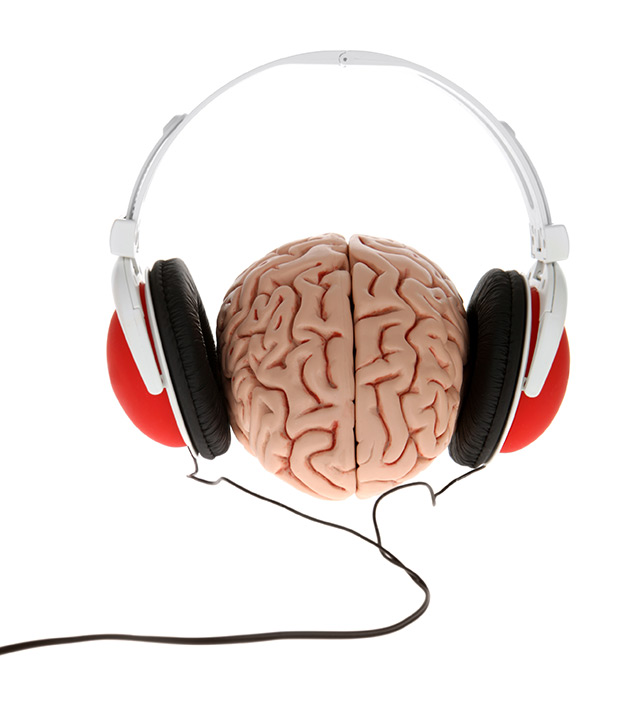Why do you like specific music over others? Turns out our expectations and biases greatly impact how our brain responds to music
05/24/2018 / By Edsel Cook

Has it ever occurred to you that you might be unconsciously favoring certain songs because you know they were performed by professionals? In a Science Daily article, American researchers reported that our biases and expectations affect the way our brain interprets music.
In 2007, world-famous violin player Joshua Bell popped up in a busy subway and played several pieces while incognito. Commuters pretty much ignored him as they thought he was a typical amateur artist trying to eke a living.
A multi-university team led by researchers from the University of Connecticut (UConn) took a look at this matter. In their study, published in the journal Scientific Reports, they found that the brain changed its response to music if it is led to believe the performer is an amateur or a professional. Furthermore, once the bias is set, people needed to make an effort to overcome it.
The experiment was held at UConn’s Brain Imaging Research Center. It involved 20 participants who lacked any formal training in music. (Related: How you respond to risks may be how your brain is wired; people who play it safe have more neurons but less coordinated pathways.)
Participants listened to “professional” and “student” performances
Each participant entered a functional magnetic resonance imaging (fMRI) machine. Inside the device, they listened to randomly ordered pairs of piano excerpts.
The paired music was made up of two different takes on the same excerpt. The participants were informed that a piano student performed one of the excerpts while a professional pianist did the other.
What they didn’t know was that the performances were labeled in reverse. The professional being identified as the “student” and vice versa. The researchers did this to see the effect of the “student” or “professional” label on the listener.
The participants graded each excerpt according to how much they enjoyed it. They were also asked to pick which of the two excerpts they liked more.
As the participants listened to the excerpts, the fMRI machine scanned their brain activity. The researchers paid close attention to the parts of the brain that processed sounds, handled pleasure and reward, and directed cognitive thought.
Afterwards, they compared the images of the participants who chose the “professional” performances with those of the listeners who went for the “student” excerpts. This let them determine the brain activity linked with bias.
Biases shown to affect enjoyment of music; people need to work on suppressing them
The researchers reported that participants who chose the “professional” piece showed higher levels of activity in the primary auditory cortex, as well as in another part of the brain connected with pleasure and reward. This increased activity appeared during the moment that the participant was told the player was a “professional,” even before the piece started playing.
It appeared that participants listened more closely to a piece if they believed the player is a professional. The bias affected their experience from beginning to end of the performance.
In addition, the researchers inspected the brain scans of the participants who chose the “student” performances. These participants showed higher activity in the part of the brain linked with cognitive control and deliberative thought.
Furthermore, these participants have stronger connections between cognitive thought and reward. They needed to actively suppress their bias that they could listen closely to the music and confirm that the “student” performances were indeed better.
The researchers concluded that people can overcome their biases and stereotypes if they put deliberate thought and effort into it. Their findings would be very useful for behavioral economists and psychologists, as well as artists.
Learn more ways on how to make your brain work the way you want it at Brain.news.
Sources include:
Tagged Under: biases, brain activity, brain function, brain research, brain scanning, brain science, cognitive thought, expectations, Magnetic resonance imaging, Mind, music, research, science, stereotype
RECENT NEWS & ARTICLES
COPYRIGHT © 2017 BRAIN NEWS


















